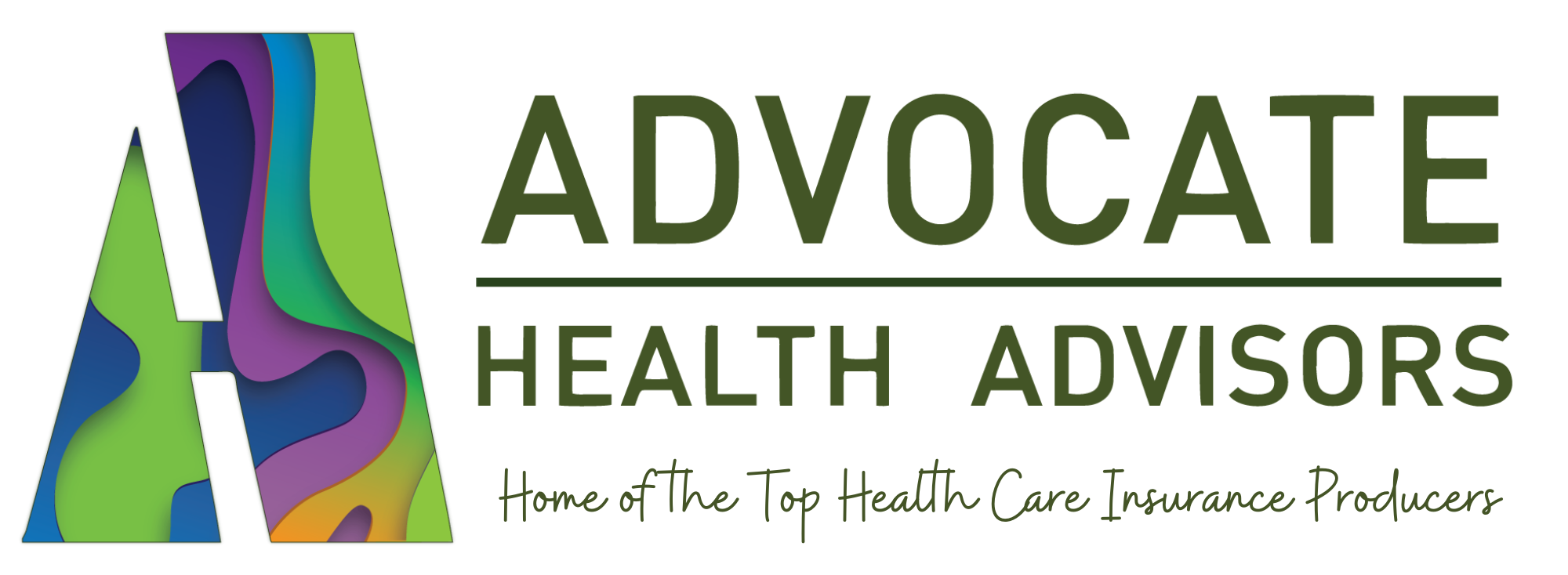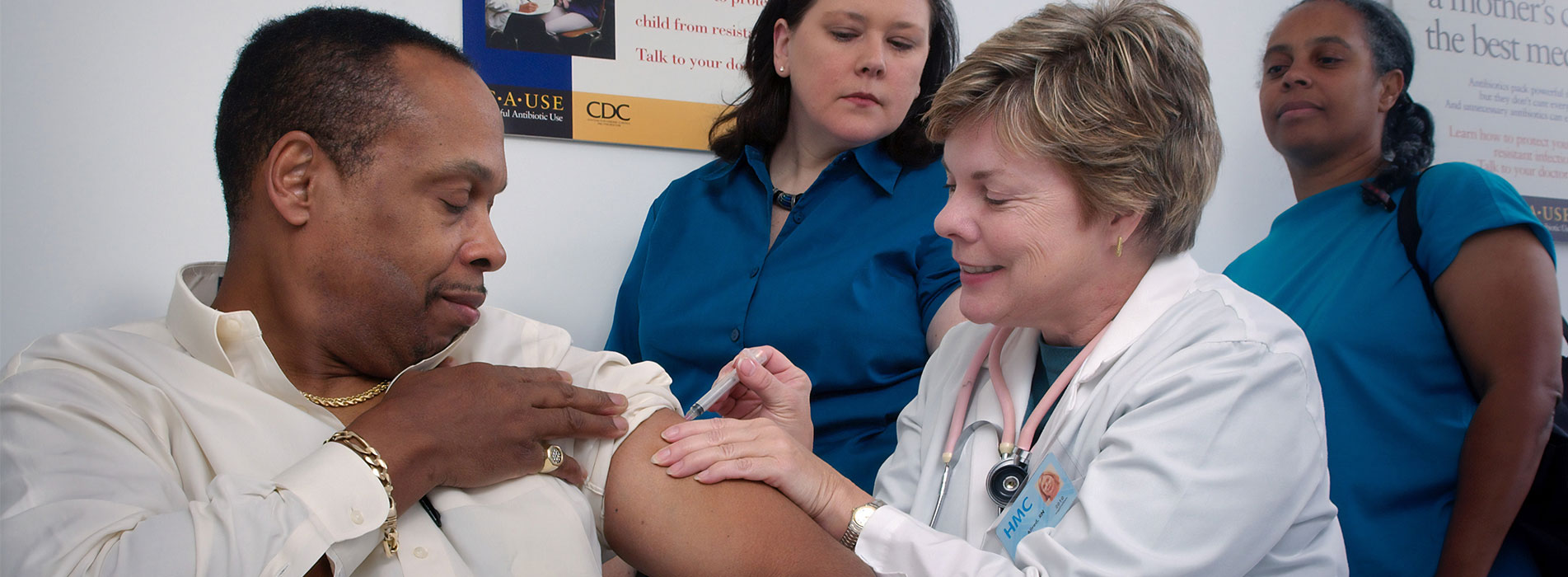NOTE: This blog post was taken from Need to Know: How to Arm Yourself and Survive on the Healthcare Battlefield (2018) by Darwin Hale, COL (RET), USAR, the Founder & CEO of Advocate Health Advisors. Darwin is a respected entrepreneur, author and decorated military officer with more than 30 years’ experience in the corporate world to include serving in the United States Army and Army Reserve (USAR).
Most people have heard of the “fight-or-flight” response. If you doubt that this condition is real, I can tell you otherwise. As a military officer who was involved in operations all over the world, I have seen this reaction to stressful situations many times. A study conducted by the Special Operations Command and the FBI describe it this way: when a person encounters a stressful situation, the body initiates the “fight or flight” mechanism.
Biologists sometimes call it “acute stress response,” a physiological reaction that occurs in response to perceived harm, attack, or a threat to survival. A properly trained and prepared person will respond by quickly becoming more alert, surveying the situation and controlling negative emotions like fear or anxiety. In short, they are preparing to fight. Poorly prepared people are quickly overcome by anxiety and fear. They are preparing to take flight.
The military trains soldiers to be prepared for any situation, and I spent much of my early career learning how to override “flight” in favor of “fight.” Teaching this to the soldiers under their command is a basic duty of any officer. That said, my instincts have been tested when confronting the battlefield that is the American healthcare industry.
Hope is not a method for managing your health
As the CEO of Advocate Health Advisors, I have worked with numerous people who feel overwhelmed by their health problems and by the system. Their “acute stress response” is often a form of flight. Feeling helpless, they give up, thinking that they cannot understand the health care system or even their own health. In response they do nothing, and this is a form of flight.
Gordon R. Sullivan was a United States Army general, who served as Chief of Staff of the U.S. Army and as a member of the Joint Chiefs of Staff. Gen. Sullivan oversaw the Army’s transition from its Cold War posture to the modern fighting force it is today. After his retirement, Gen. Sullivan published a book titled Hope Is Not a Method: What Business Leaders Can Learn from America’s Army. My favorite quote from Gen. Sullivan’s book might be part of the title itself, “Hope Is Not a Method.” It’s not enough to hope that things will get better. Being passive and unengaged in managing your health will not help you!
Being confronted by a serious health issue is a common experience. It is unusual to live out a normal lifespan and not encounter some serious health problem along the way. As our lifespans grow longer, this will become a more and more frequent event. Some people will react by feeling overwhelmed and helpless. Because they feel helpless, they become passive, hoping that the situation will get better on its own.
Seniors, for example, sometimes go to the doctor and do not ask important questions, because they’re overwhelmed and intimidated. Not realizing the power that they have, they turn to what’s called bargaining behavior. They may think that if they remain passive, not causing the “system” any problems, they will have a better prognosis. They’re hoping the system will take care of them but remember Gen. Sullivan’s words. “Hope is not a method.” Hope alone is not a plan or a way to better health.
Preparation is key to avoiding unnecessary suffering
Patients should think ahead, prepare for doctor visits and create a checklist of concerns, doctors’ comments and questions about their part in the process. When you keep track of your own progress and plan for what lies ahead, you can work with your doctor to achieve a better outcome. Being active in your own care and knowing that you are prepared helps avoid unnecessary suffering and feelings of weakness.
I understand the stress and worry that comes from a serious health concern. It can be just as stressful as a military situation. After all, lives are at stake here, just as they are on the battlefield. After my biological mother died of pancreatic cancer, I knew I should get a sonogram of my pancreas as part of my annual checkup. Even after serving in combat, I went into that first sonogram with a lot of anxiety.
I didn’t want to know. I didn’t even want to be there. But I did it. When the doctors told me everything was fine, I felt the relief that comes with hearing that kind of news. I had a weight lifted off my shoulders, because I knew for certain the state of my health, at least at that moment. In facing a fight or flight situation, I chose to fight for my health.
Don’t trust the healthcare system to “take care of you”
Preparation cannot eliminate all stress, but it can reduce it. Even very intelligent people sometimes do irrational things under stress; we’re not talking about combat, but the stress that comes with a health care crisis. For most people, a chronic illness or health crisis is the biggest source of stress they will ever face. It’s truly a fight or flight moment.
You must fight for the good health you want and deserve. It will not come if you avoid tough situations and decisions, fail to ask informed questions, or simply trust the system to “take care of you.” When you ask those questions, get the information you need and feel prepared, you will not be overwhelmed or helpless. You will be empowered to act.
Get started now. Gather the information you need and do not just hope. Plan and act!





